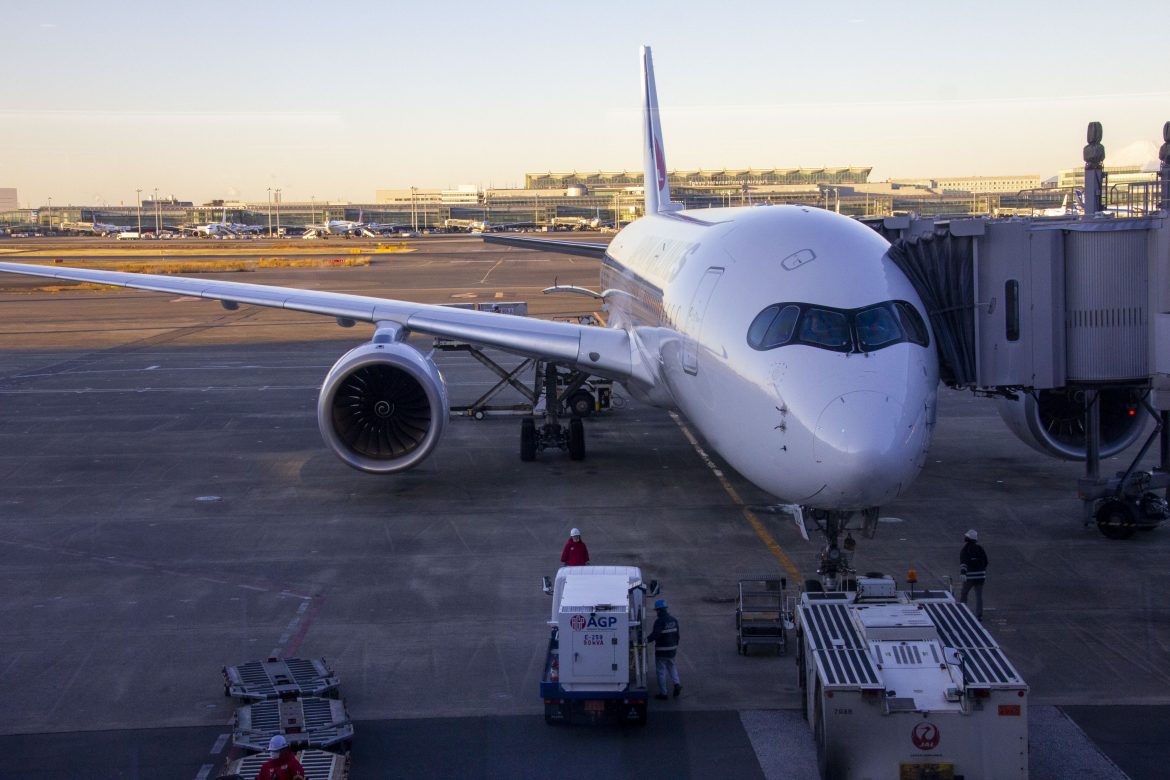Air Canada Pilots deal sets new standard for the aviation industry.
Ethan Chan, News Editor
Air Canada has recently reached a new agreement with its pilots’ union, marking a historic time in labour relations in the Canadian labour market and the Canadian airline industry. After 15 months of tense negotiation, this deal promises a nearly 42% cumulative wage increase over four years for more than 5,400 pilots, surpassing recent gains observed by major U.S airlines, which ranged from 34% to 40%. This agreement emerged just in time to avoid a potentially devastating strike that would have grounded Air Canada flights in the masses, cancelling flights across the country and affecting over 110,000 travellers daily. This new contract would ensure normal operations for both Air Canada and Air Canada Rouge; a goal union head, Charlene Hudy, stands by at the expense of her job if the membership rejected the offer. The upcoming ratification vote is expected in the coming weeks. However, some pilots, mainly those new to the profession, have expressed concern with this pay increase, make ends meet. citing the potential to contribute to the ongoing pay gap. For example, new pilots earn between $75,000 and $134,000 a year, while experienced pilots could earn upwards of $367,000. This fixed-rate provision within the current contract maintains initial wages at a flat rate, leading to more prounounced pay differences that in the years following the contract’s implementation. Another prominent reaction was Prime Minister Justin Trudeau, who remarked that the federal government would not intervene in this dispute unless negotiations stalled entirely, emphasizing the importance of putting pressure on unions and employers to reach a fair resolution. Such a tactic proved helpful, as both sides reached a tentative deal in the eleventh hour. The context of these negotiations reflects a more significant trend within the Canadian airline sector, particularly following recent labour disruptions such as the WestJet mechanics strike. In both cases, the challenges faced during both negotiations often point to systemic issues within the industry, as some pilots have reported needing second jobs to Overall, Air Canada’s tentative agreement with its pilots signifies a monumental shift in labour relations within the airline industry and sets a precedent for future negotiations. If ratified, it could encourage other airlines to reevaluate their compensation packages. However, it is vital to consider the broader impacts of such a drastic pay increase, alongside the potential downsides of utilizing threat style tactics as those executed by Charlene Hudy. As the aviation industry continues to evolve financially and technologically, the ripple effects of this agreement may lead to more equitable labour practices in Canada’s skies.
Photo Credit: Aiden Fung



